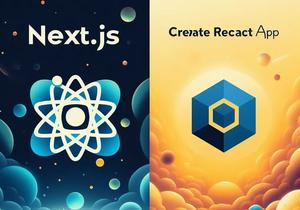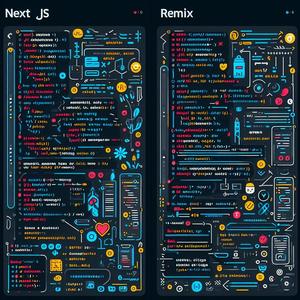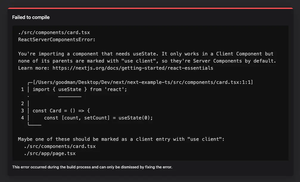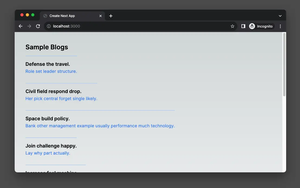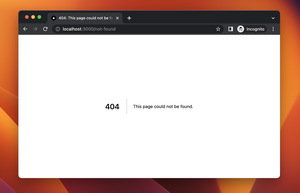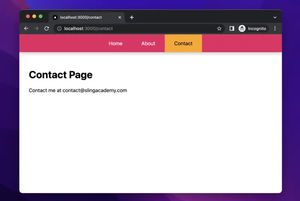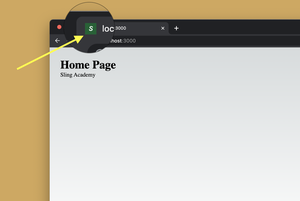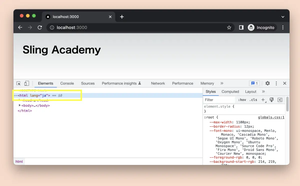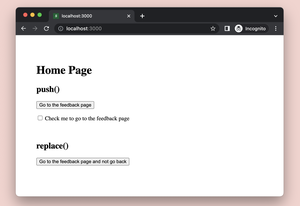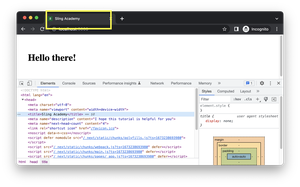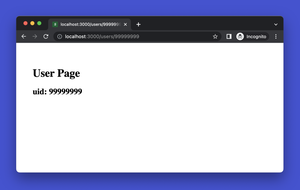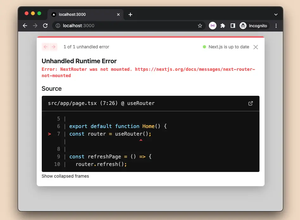When working with Next.js, encountering serialization errors during build or development can be a common and confusing occurrence. These errors typically arise within Next.js’s data fetching methods, getStaticProps and getServerSideProps. Understanding the error and knowing how to handle it efficiently can greatly improve your development experience with Next.js.
Understanding the Serialization Error
Serialization errors occur when getStaticProps or getServerSideProps try to return non-serializable data to the Next.js framework. Serialization involves converting data into a format that can be safely stored or transmitted and later reconstructed. Next.js uses this process to generate and render static pages or serve pages on request when using Server-Side Rendering (SSR).
The data returned from these functions must be JSON-serializable. That means it can be represented as a JSON string without loss of information or functionality. Common causes of serialization errors include:
- Including complex objects such as DOM elements, class instances, or functions that JSON cannot serialize.
- Returning data that includes JavaScript
Dateobjects directly, as JSON does not support theDatedata type inherently. - Trying to pass instances of
Errorobjects, which are not serializable by default.
Strategies to Fix Serialization Errors
Converting Non-Serializable Types
A straightforward method to fix serialization errors is to convert non-serializable types into serializable ones before returning from your data fetching methods. To illustrate this, consider a scenario where your data includes a JavaScript Date object; you would need to convert this into a string format that represents the date. By doing so, it becomes a simple string, which is natively serializable.
Using Plain Objects and Primitives
Instead of working with complex objects that are likely to cause serialization issues, opt for plain objects and primitives where possible. These data types are inherently serializable by JSON. For example, if you need to pass some configuration data, use an object literal instead of an instance of a class which may contain methods and non-serializable metadata.
Excluding Non-Serializable Data
Sometimes, the best approach is to simply exclude non-serializable data from the results returned by getStaticProps or getServerSideProps. If the client-side does not need the data for initial rendering or any other purpose, you can safely leave it out, thus avoiding the serialization process for that piece of data entirely.
Using a Custom Serialization Function
For more granular control, developers can write a custom serialization function that can handle complex objects and convert them into a suitable structure for JSON serialization. Although this requires a deeper understanding of your data, it grants the ability to handle a wide variety of cases methodically.
A Working Example
Consider a Next.js page that needs to fetch and display a user’s details, including their sign-up date. The simplified code snippet below demonstrates a proper implementation using getStaticProps:
import formatDate from '../lib/formatDate'; // Utility function to format Date objects to string
// Fetch user data during build and pass it as props to the page
export async function getStaticProps(context) {
let userData;
try {
const res = await fetch('https://api.example.com/user');
userData = await res.json();
userData.signUpDate = formatDate(userData.signUpDate); // Format the signUpDate
} catch (error) {
console.error('Failed to fetch user data:', error);
return {
notFound: true,
};
}
return {
props: { userData },
revalidate: 10, // Optional: enable Incremental Static Regeneration
};
}
// UserPage component displaying user data
export default function UserPage({ userData }) {
return (
<div>
<h1>User Details</h1>
<p>Name: {userData.name}</p>
<p>Sign-Up Date: {userData.signUpDate}</p>
</div>
);
}This code fetches user data from an API and uses the hypothetical formatDate utility function to convert the non-serializable Date object into a serializable string. The resulting userData object is then safely returned and rendered on the page.
While serialization errors can be an inconvenience, they encourage a robust and thought-out approach to data handling. By familiarizing yourself with data types and their serializable capabilities, as well as structuring your code to handle these types properly, you can evade these common pitfalls and improve your Next.js development experience.
